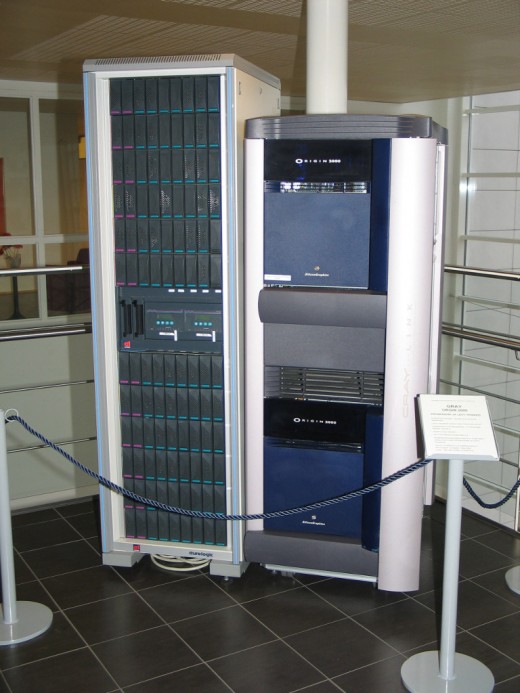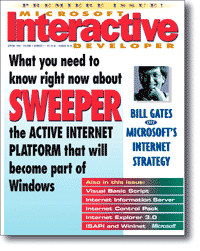Two recent events have brought me to the apex of this thought.
First, those of you who have been curiously clicking through my “New blog post:…” tweets would have noticed that I’ve made a real big effort string together at very least a post a day (You’re reading my eleventh consecutive post, thank you for asking). Blogging daily has been my little way of intentionally producing something with latent time that I have, as opposed to mindlessly consuming.
Second, my dear wife (upon my request) bought me a Kindle DX for my impending birthday. If you’re not already aware, the Kindle is representational of a whole new class of, what I’d like to coin, hyper-consumption computing (HCC) devices. In my own opinionated, un-peer reviewed definition, these devices are design with only to serve a single purpose – making the consumption of information as frictionless and pleasurable as possible.
Why it is in every device makers’ interests to excel at such a goal is a topic for another day, but the bottom-line is, such devices, if not engaged with active intention, can very easily and quickly dull the producer in each of us.
Yes, it dulls the producer in you.
Allow me to expand on the concept of producing something. Going out on a photo shoot is producing, browsing through endless Flickr streams is consuming. Baking a cake is producing. Reading food blogs is consuming. Going out on a bike ride is producing, watching Le Tour on television is consuming. Learning a new chord progression is producing, watching YouTube videos of Super Mario covers is consuming. Pulling out a few tools and tightening up your creaky chair is producing, wandering around Ikea is consuming. Assembling Ikea furniture is gray, but you get the idea.
I think sharpening and polishing that producer edge is really important for the following reasons.
1. Producing completes a learning process. One reaps the full benefits of learning when one is forced to reproduce that body of knowledge. For example, when I had to write up a half-semester syllabus for the Interactive Media subject for the Bachelor of Multimedia program at RMIT, it was the hardest thing, but it was also the best educational experience I ever had on the subject.
2. Production is a sign of life (in the broadest, most generalised sense of the word). Live trees produce fruit; wooden shelves don’t. Polar bears produce young; not so, fur rugs. Players on the court tear muscles, grow stronger, nimbler, livelier; spectators, not so much, Et cetera.
3. The act of producing brings with itself the very therapeutic effect of a flow. Where stuffy corners of one’s life is pushed out, the vacuum inevitably draws freshness in – basic laws of thermodynamics. Or for the more poetic, Jordan River vs Dead Sea.
So the next time, right before you engage in an activity, make a mental note:
producing or consuming?
Hopefully, you’ll be all the richer for it, and the people around you should be so lucky to share in goodness of your produce.



